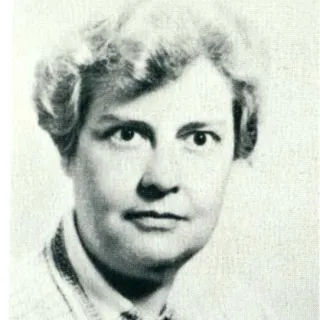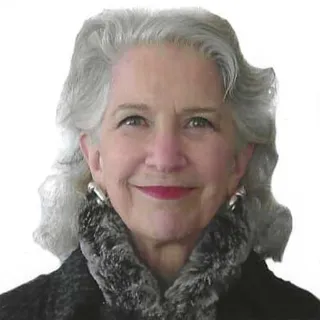Endowed Funds Supporting Classics at WashU
The Department of Classics at Washington University in St. Louis is proud to be the recipient of several generous endowed funds that support our students and faculty in their pursuit of excellence in classical studies. These funds provide fellowships, travel awards, and other forms of academic support that enrich the educational experience and expand opportunities for research, teaching, and global engagement.

Penelope Biggs Fellowship and Travel Funds
Penelope Parkman Biggs (1937–2022) was a distinguished scholar, teacher, and lifelong supporter of the humanities. A Radcliffe College graduate and Cicero enthusiast, she earned her MA in Classics (1968) and PhD in Comparative Literature (1974) from WashU. She taught at Lindenwood College and Mary Institute and helped found the New City School. With her husband, John Biggs, she established the Biggs Family Residency and the John and Penelope Biggs Distinguished Professorship in Classics. Her legacy continues through fellowships and travel awards that support immersive study of the ancient world

Cordelia M. Birch Fund
Cordelia M. Birch was a devoted advocate for classical education and a generous benefactor of the department. Though less is publicly recorded about her personal biography, her fund has long supported graduate students in Latin and Greek, helping to sustain the department’s academic excellence and commitment to rigorous language training.
Irma C. Schopp Fund
Irma C. Schopp (née Kunze) was born in Switzerland around 1905 and later made her home in St. Louis. After the death of her husband, Conrad, she enrolled at Washington University and graduated in 1948. She remained a dedicated supporter of classical languages throughout her life, and in her will, she established an endowment to support the study of Ancient Greek, Latin, and Hebrew. She passed away in 1991.

The Steven F. and Rosalind Beil Sell Scholarship
Established by Rosalind Sell, GR’68, this scholarship supports students pursuing the MA in Classics. A former Latin and French teacher in University City and later a business executive at General Motors, Sell credits her classical training with developing skills that served her throughout her career: “Translating requires understanding context and attention to detail – both highly transferable skills to the business world.” This gift, made in memory of her late husband Steve, fulfills a shared goal and reflects over 50 years of giving to WashU.
Support the Future of Classics
These endowed funds are made possible by the generosity of alumni and friends who believe in the enduring value of a classical education. Their gifts help us attract outstanding students, support transformative experiences, and foster a vibrant academic community.
Join them in supporting the Department of Classics